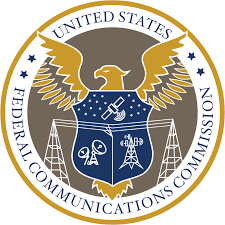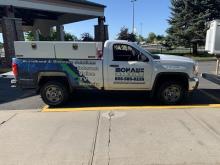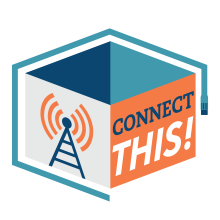Internet For All or Internet For Some?
The American Prospect recently published an analysis – "How Monopolies and Maps Are Killing ‘Internet for All’" – authored by our own Sean Gonsalves that lays out why the federally-backed “Internet For All” initiative will likely fall short of its aspirational goals.
It begins with facts-on-the-ground reporting about the estimated 37,000 households that do not have high-quality access to the Internet in Oakland, California and how cities across the nation are plagued with similar challenges – challenges many digital advocates say is “digital redlining.”
Here's a few excerpts:
“It would be reasonable to think the Biden administration’s $1.2 trillion bipartisan infrastructure law, passed by Congress in November 2021, would change all of this. A significant part of the law devotes $65 billion to a moon shot mission, involving all 50 states and U.S. territories, to bridge the digital divide once and for all. It includes funding to build new modern networks, and other programs to address barriers to broadband adoption, like the Affordable Connectivity Program, which helps eligible low-income households pay for pricey internet bills, as well as initiatives that offer digital skills training and a mandate for the FCC to adopt rules ‘to prevent and eliminate digital discrimination.’”
“Similar to when the federal government set out to bring electricity to every household in America a century ago, the Biden administration intends to do the same with broadband, labeling this historic investment the ‘Internet for All’ initiative.”
“But what hasn’t dawned on most federal and state lawmakers—or at least, it has not been admitted publicly—is that the trajectory we are on will not lead to Internet for All, but something more like Internet for Some.”
You can read the entire story on the American Prospect website here.








